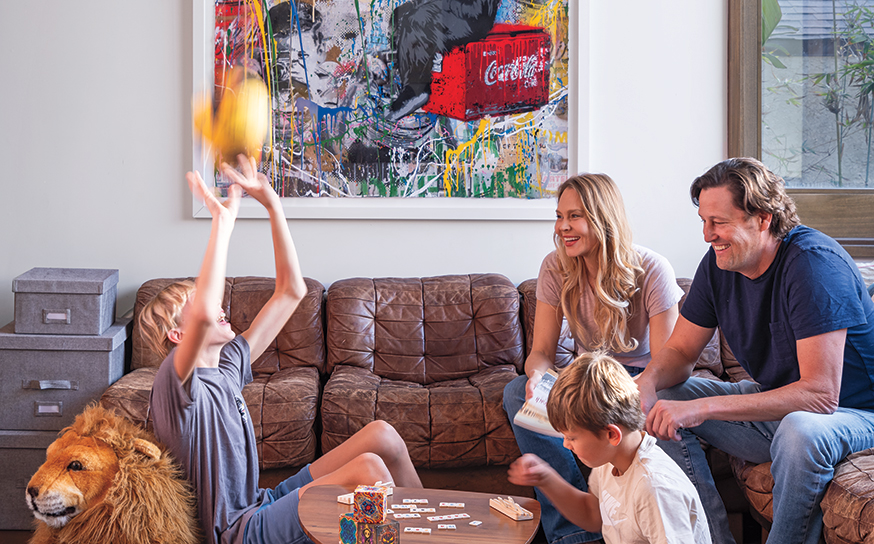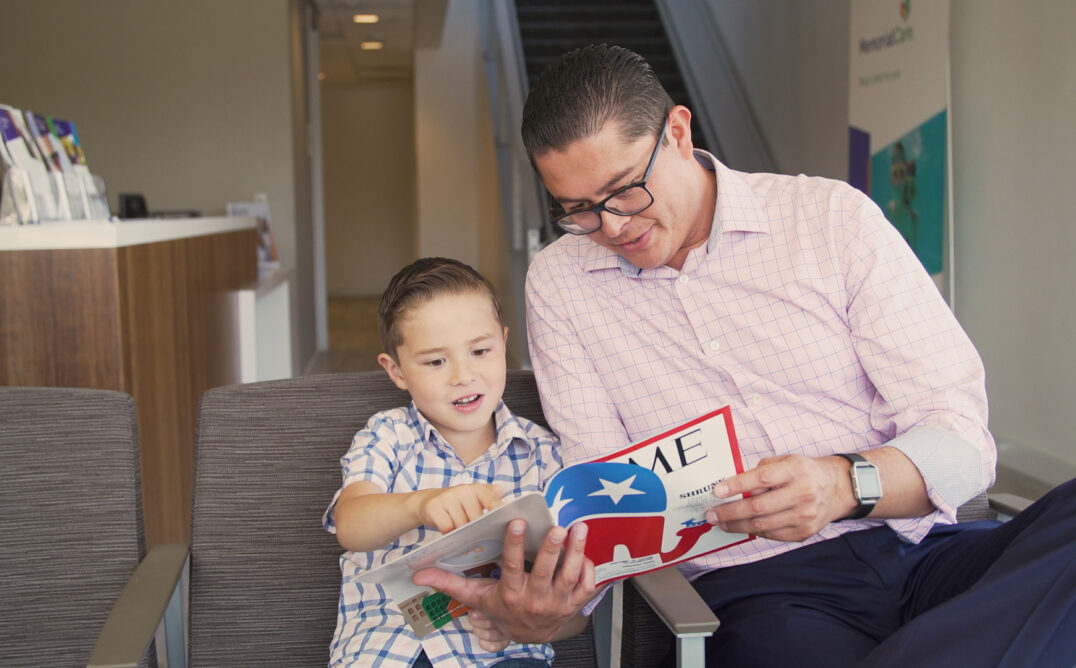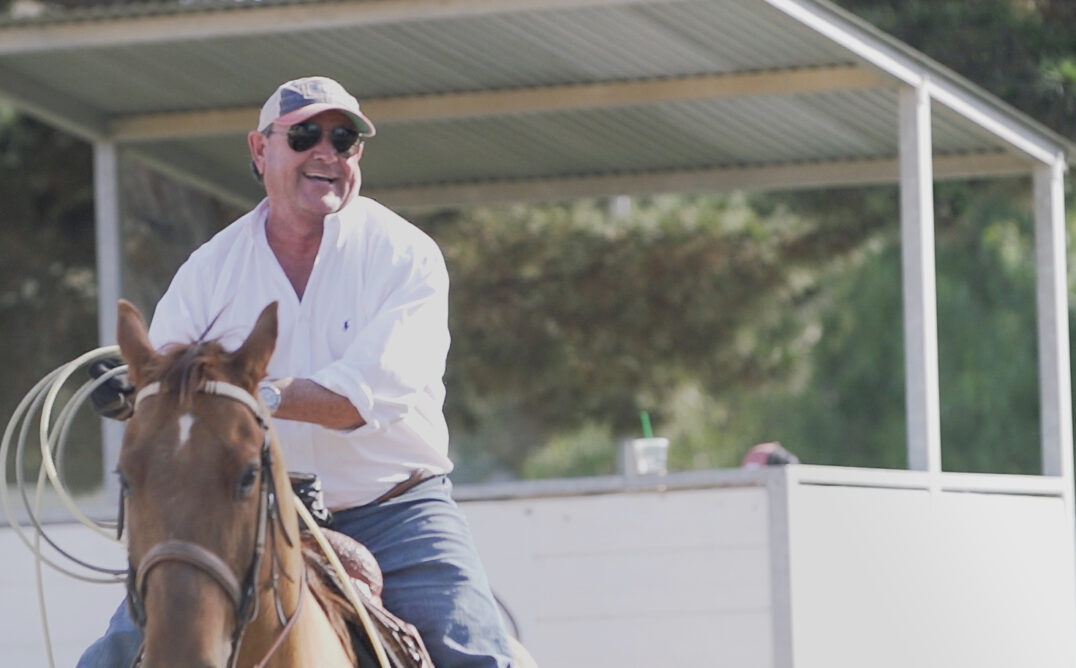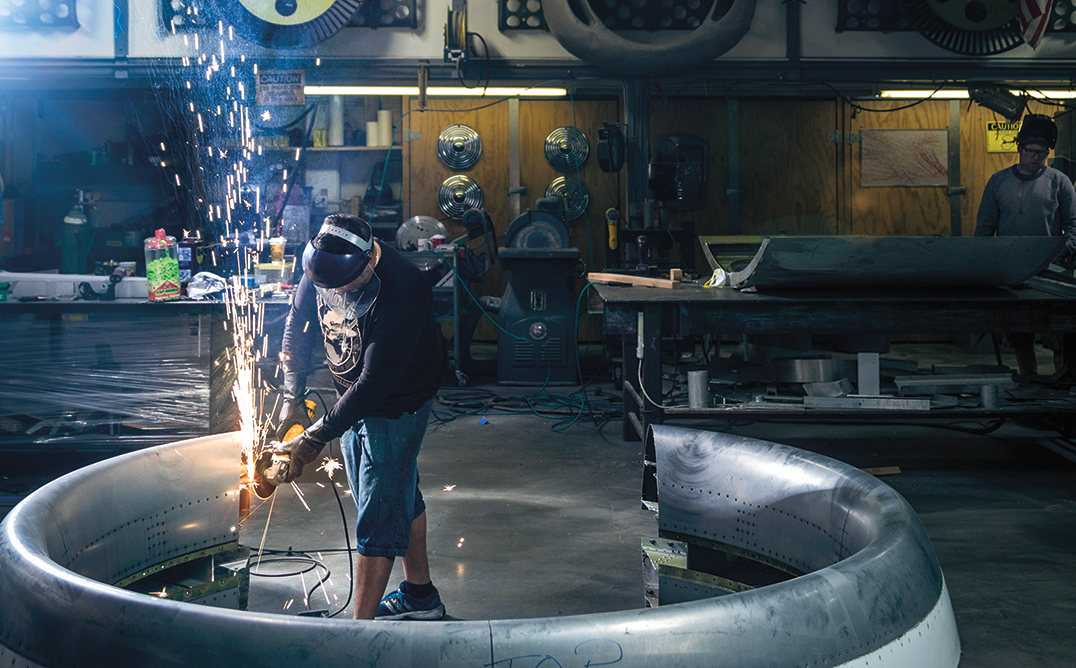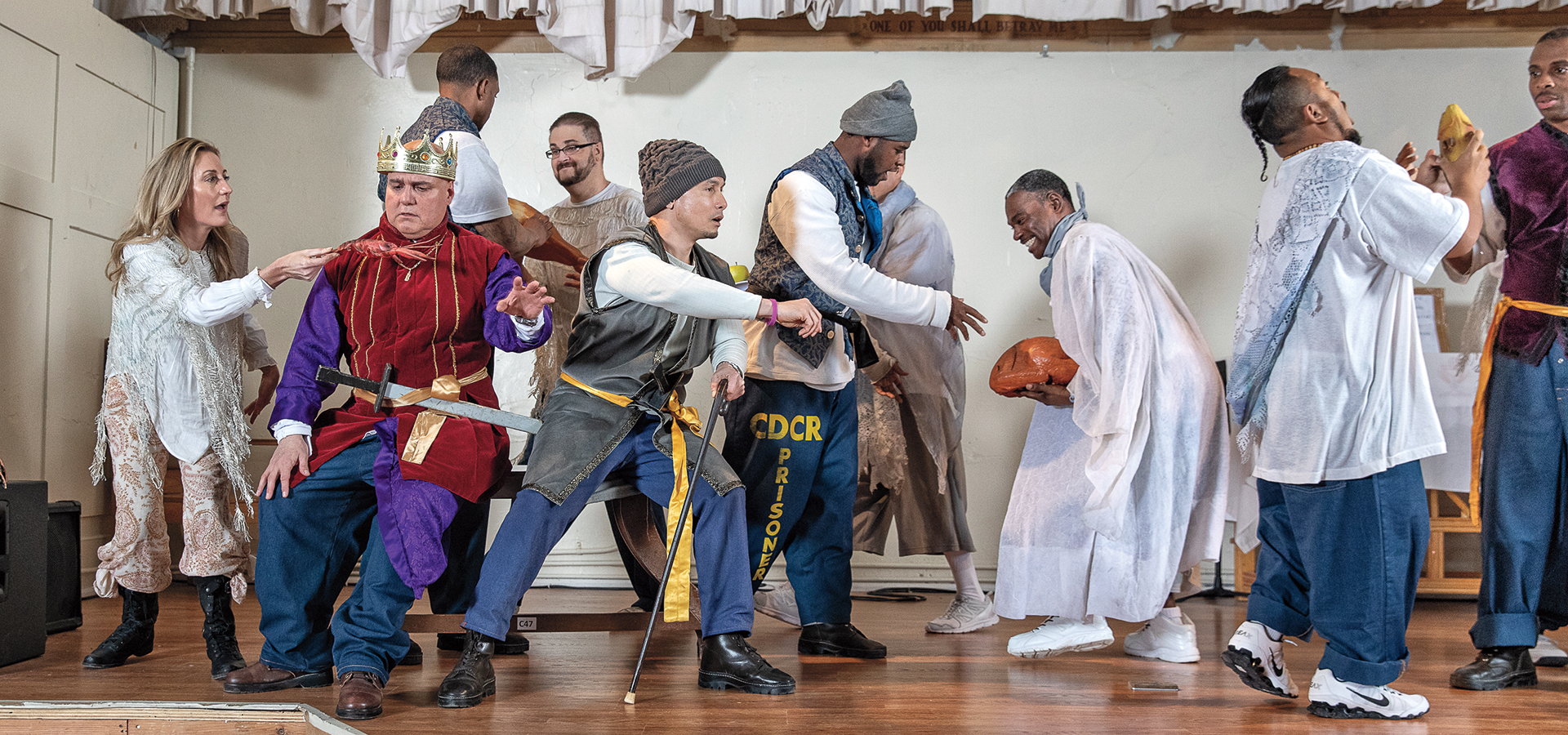
Palos Verdes Actor, Teacher and Volunteer Jenn Robbins Shares Her Passion for the Theatre with Some Unexpected Players
Building character.
 The notion that a person shouldn’t judge a book by its cover has never been more accurate than when describing Jenn Robbins. If one was standing behind her in line at the Yellow Vase Cafe or in a PTA meeting or perhaps even at LAX about to board a flight to Sacramento, they would never figure out her destination based on appearance alone.
The notion that a person shouldn’t judge a book by its cover has never been more accurate than when describing Jenn Robbins. If one was standing behind her in line at the Yellow Vase Cafe or in a PTA meeting or perhaps even at LAX about to board a flight to Sacramento, they would never figure out her destination based on appearance alone.
If one surmised that Jenn is an actor, they would be correct—although it’s hard to throw a stick in Los Angeles without hitting one. To be more accurate, this professional actor-writer-creative producer-teaching artist has collaborated with Rogue Machine Theatre and Skylight Theatre Company, as well as performed in her own play, The Smoking Boy, at Edinburgh Festival Fringe. However, if one predicted she was next headed for an audition, they’d be wrong.
“As a way to teach empathy, theatre training is inimitable, and it is transformative in prison. Incarcerated actors are able to climb into Shakespeare’s complex and heightened stories and breathe life into their roles.”
For the past five years, Jenn has flown to Sacramento, rented a car and driven to Folsom Prison to perform works of William Shakespeare with incarcerated individuals (the preferred term for inmates). It’s all part of Shakespeare for Social Justice, a long-established and wonderful rehabilitative program run by Alejandra Wahl through Marin Shakespeare Company.
When Jenn first decided to volunteer, her family reacted as one might expect—with a mix of slight trepidation and full-throated emotional support. The wife and mother of three would be entering a maximum security prison and signing a waiver that she understood she might become a hostage in the event of a riot. They understood her passion far too well to question her decision.
Not that Jenn didn’t feel more than a tinge of nervousness the moment she entered the gates of Folsom, but she knew that she was providing an important service for members of the prison population. In other words, her fellow humans. And humane is definitely the operative word that comes to mind when describing her.
“As a way to teach empathy, theatre training is inimitable, and it is transformative in prison,” Jenn explains. “Incarcerated actors are able to climb into Shakespeare’s complex and heightened stories and breathe life into their roles. They ask themselves how they feel the same as their characters and how they might feel different: Why did Macbeth commit murder? Why does Lady Macbeth scheme with him to do this, and then right afterward become so completely stricken with guilt? Shakespeare gives them the opportunity to explore their own life choices and play out roles on stage that, in life, they yearn for: uncle, brother, father, friend.”
“Theatre is a powerful and healing art form. I encourage all artists to keep questioning, creating and connecting. The world needs you.”
Modest in nature, Jenn downplays her work at the prison and instead delves into how much she’s learned from the experience. Whether it’s advising someone facing an appeals board on how to shed the hardened shell they are forced to display on “the yard” or encouraging them to find a way to connect with the universality in the Shakespeare character they’re portraying, Jenn’s passion is evident. She glows describing her experience teaching the incarcerated cast about psychophysical acting along with observing the growth she has witnessed in person.
Since she started volunteering as a teaching artist with Marin Shakes, Jenn also found time to earn her MFA in performance pedagogy, become an adjunct professor at AMDA College of the Performing Arts and, most recently, Loyola Marymount University, and join Theatre 40’s ensemble cast—nominated for an NAACP Theatre Award for Guess Who’s Coming to Dinner.
“Theatre is a powerful and healing art form,” she says. “I encourage all artists to keep questioning, creating and connecting. The world needs you.”






